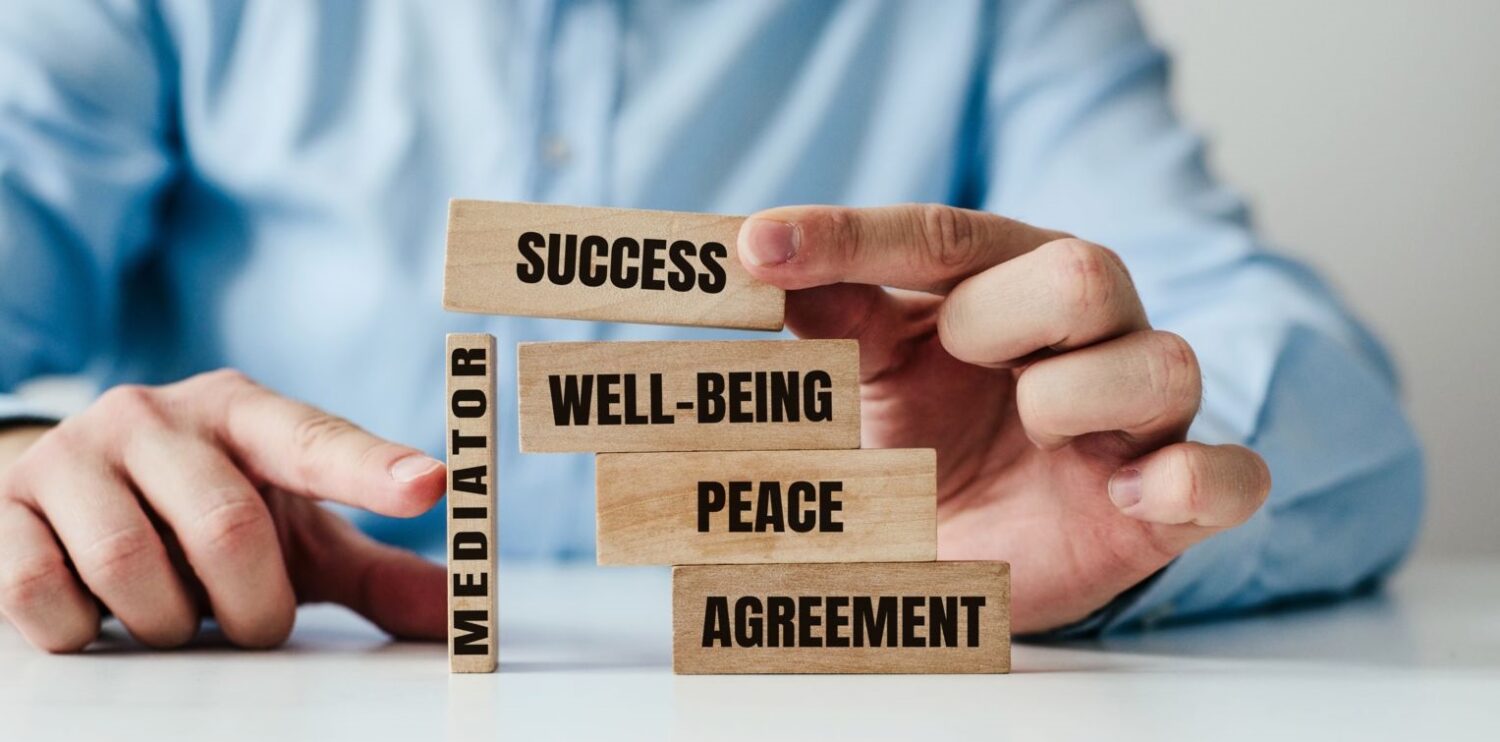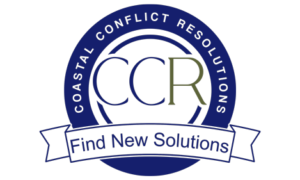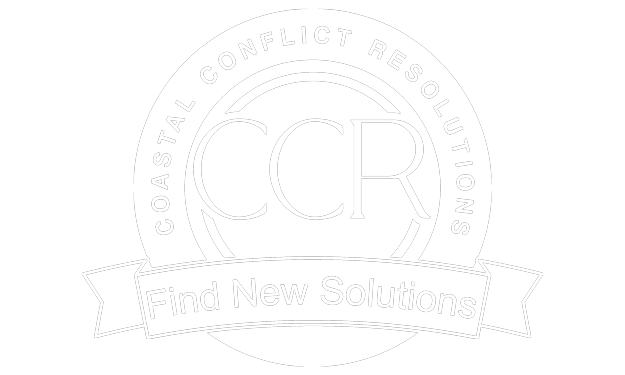In today’s complex and fast-paced world, conflicts are an inevitable part of life. Whether in the workplace, within families, during a divorce, or in commercial settings, disputes can arise that disrupt harmony and productivity. This is where mediators come into play. At Coastal Conflict Mediation, we specialize in providing mediation services to help resolve conflicts constructively and efficiently. This blog will explore what a mediator is, their role in various types of disputes, and why and when mediation is needed.
 Understanding the Role of a Mediator
Understanding the Role of a Mediator
A mediator is a neutral third party trained to assist individuals or groups in resolving conflicts through a structured process. Unlike traditional conflict resolution methods that may involve adversarial approaches, mediation focuses on collaboration and mutual understanding. The mediator facilitates discussions, encourages open communication, and helps parties find mutually acceptable solutions.
Key Roles of a Mediator:
- Neutral Facilitator: Mediators do not take sides or impose decisions. They remain neutral, ensuring that all parties have an equal opportunity to express their viewpoints.
- Communication Facilitator: Mediators help improve communication between conflicting parties, encouraging them to speak openly and listen to each other.
- Problem Solver: By identifying underlying issues and interests, mediators assist parties in brainstorming and negotiating solutions.
- Agreement Drafting: Mediators help draft agreements that outline the terms of the resolution, ensuring clarity and commitment from all parties involved.
Mediators in Different Contexts
Mediators play a crucial role in various contexts, helping to resolve conflicts that might otherwise escalate into more significant issues.
1. Workplace Mediation
Workplace conflicts can arise from differences in personality, work styles, or misunderstandings. These conflicts can lead to decreased productivity, low morale, and high turnover rates. Mediators help address issues such as:
- Interpersonal conflicts between colleagues
- Disputes between employees and management
- Harassment or discrimination claims
- Disagreements over roles and responsibilities
By fostering a collaborative environment, mediators help restore workplace harmony and improve overall productivity.
2. Family Mediation
Family conflicts can be emotionally charged and complex, often involving multiple parties with deeply personal stakes. Mediators assist with issues such as:
- Parent-child conflicts
- Sibling disputes
- Caregiving decisions for elderly family members
- Inheritance disputes
Mediation provides a safe space for family members to express their feelings and work towards resolutions that preserve relationships and family unity.
3. Divorce Mediation
Divorce is one of the most challenging experiences a person can go through. It involves not only the dissolution of a marriage but also decisions about property division, child custody, and support arrangements. Mediators help divorcing couples:
- Communicate effectively during a difficult time
- Make decisions about asset division and financial support
- Develop parenting plans that prioritize the best interests of the children
Mediation in divorce cases can reduce the emotional and financial strain of the process, promoting a more amicable separation.
4. Commercial Mediation
In the business world, conflicts can arise between partners, clients, suppliers, or competitors. These disputes can impact operations and profitability. Mediators assist in resolving:
- Contract disputes
- Partnership disagreements
- Intellectual property issues
- Customer complaints
Commercial mediation helps businesses find practical solutions while preserving professional relationships and avoiding costly disruptions.
Why and When Mediation is Needed
Mediation is a valuable tool for resolving conflicts in various contexts. Here are some reasons why and when mediation is needed:
1. Preserving Relationships
One of the primary benefits of mediation is its focus on preserving relationships. Unlike adversarial processes that can deepen animosities, mediation encourages cooperation and mutual respect. This is especially important in family, workplace, and business settings where ongoing relationships are crucial.
2. Confidentiality
Mediation is a confidential process, ensuring that the details of the dispute and the discussions remain private. This can be particularly important in sensitive matters such as family conflicts or commercial disputes involving trade secrets or reputations.
3. Cost-Effective
Mediation is generally more cost-effective than other dispute resolution methods. It reduces the need for prolonged conflict resolution processes, saving time and resources for all parties involved.
4. Control Over the Outcome
In mediation, the parties involved have control over the outcome. They work together to reach a mutually acceptable agreement, rather than having a decision imposed by a third party. This collaborative approach often leads to more satisfactory and lasting resolutions.
5. Flexibility
Mediation offers flexibility in terms of scheduling and process. It can be tailored to fit the needs of the parties involved, making it a convenient option for resolving disputes.
6. Timeliness
Mediation can be arranged and completed relatively quickly compared to other dispute resolution methods. This timeliness helps prevent conflicts from escalating and causing further damage.
When to Seek Mediation?
Mediation is appropriate in various situations, particularly when:
- Communication between parties has broken down
- Parties seek to preserve their relationship
- A quick resolution is needed to avoid further harm
- Privacy and confidentiality are important
- A cost-effective solution is preferred
- The parties are willing to work collaboratively towards a resolution
Call Coastal Conflict Mediation at (843) 273-0029
If you are facing a conflict and believe mediation could be the right solution, Coastal Conflict Mediation is here to help. Our professional mediators are skilled in facilitating discussions and guiding parties towards mutually acceptable resolutions. Whether you are dealing with a workplace dispute, family issue, divorce, or commercial conflict, we are dedicated to helping you find a constructive and lasting solution.




